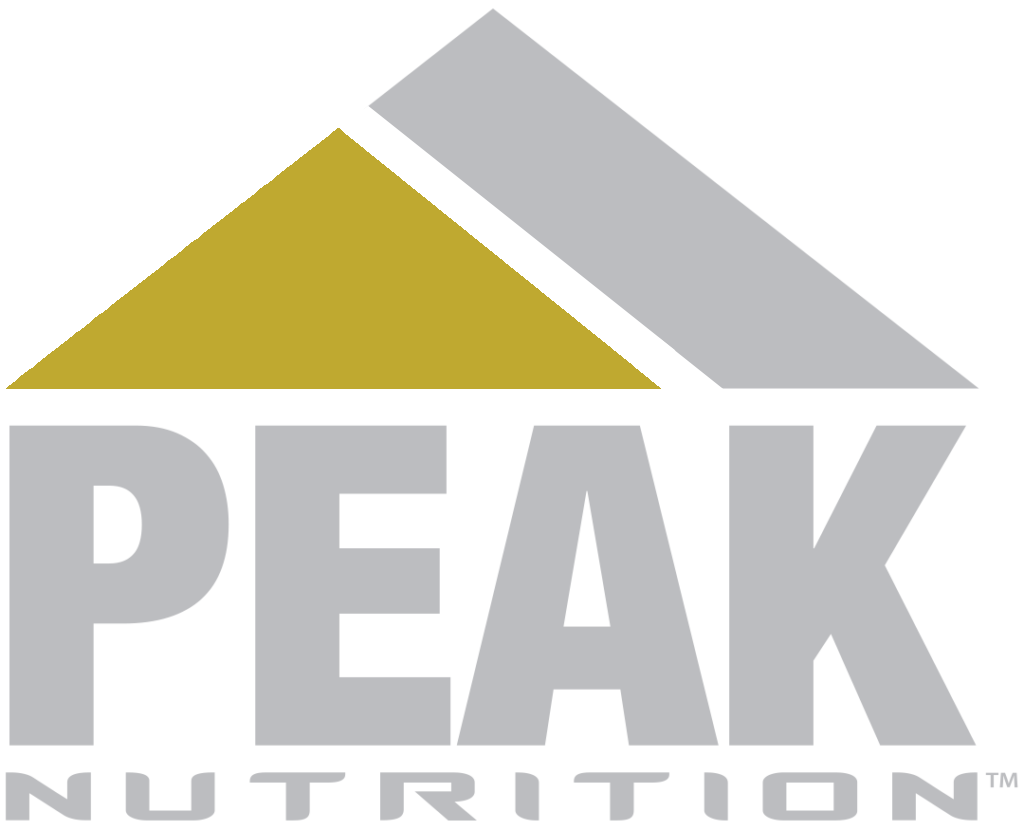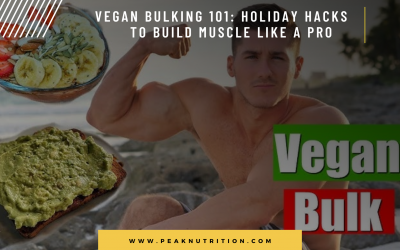When it comes to maintaining optimal health and performance, multivitamins play a crucial role. However, the array of options available can be overwhelming. From powdered vitamins to pressed pills and capsules, each form has its unique benefits and potential drawbacks. This comprehensive guide will delve into the differences between these forms of multivitamins, helping you make an informed decision on which is right for your fitness journey.
At Peak Nutrition, the number one supplement wholesaler in Arizona, we prioritize your health and performance. Our goal is to help you understand the nuances of multivitamins so you can choose the best option to meet your needs and achieve your fitness goals.
Understanding Multivitamins
What Are Multivitamins?
Multivitamins are supplements that contain a combination of vitamins, minerals, and other essential nutrients. They are designed to fill nutritional gaps in your diet and ensure you get the necessary nutrients to support overall health and wellness. Multivitamins can help boost energy levels, improve immune function, enhance muscle recovery, and support cognitive health, among other benefits.
Why Take Multivitamins?
While a balanced diet should provide most of the nutrients your body needs, it can be challenging to achieve optimal nutrient intake consistently. Factors such as busy lifestyles, dietary restrictions, and varying nutrient content in food can contribute to nutrient deficiencies. Multivitamins offer a convenient and effective way to ensure you get the essential vitamins and minerals required for optimal health.
Forms of Multivitamins: Powdered Vitamins, Pressed Pills, and Capsules
Powdered Vitamins
Advantages
- Higher Absorption Rates: Powdered vitamins are typically more bioavailable than other forms, meaning your body can absorb and utilize the nutrients more effectively.
- Customizable Dosages: With powdered vitamins, you can easily adjust the dosage to meet your specific needs.
- Easier on the Stomach: Powders are generally gentler on the digestive system and can be mixed with water or other beverages for easier consumption.
- Versatility: You can add powdered vitamins to smoothies, shakes, or even sprinkle them on food, making them a versatile option.
Disadvantages
- Taste: Some powdered vitamins have an unpleasant taste, which can be a deterrent for some people.
- Convenience: While powders offer customization, they may not be as convenient as pills or capsules, especially for on-the-go consumption.
- Storage: Powders can be more susceptible to moisture and may require specific storage conditions to maintain their efficacy.
Pressed Pills
Advantages
- Convenience: Pressed pills are easy to take and carry, making them a convenient option for busy individuals.
- Precise Dosage: Each pill contains a specific dosage, eliminating the need for measuring.
- Long Shelf Life: Pressed pills typically have a longer shelf life compared to powders and capsules.
Disadvantages
- Lower Absorption Rates: The body’s ability to break down and absorb nutrients from pressed pills is often less efficient compared to powders and capsules.
- Digestive Issues: Pressed pills can be harder on the stomach and may cause digestive discomfort for some individuals.
- Additives and Fillers: Pressed pills often contain binders, fillers, and other additives that may not be beneficial for your health.
Capsules
Advantages
- Higher Absorption Rates: Capsules generally offer better absorption rates than pressed pills, as the nutrients are more easily released and absorbed by the body.
- Ease of Consumption: Capsules are easy to swallow and typically tasteless, making them a more pleasant option for many people.
- Fewer Additives: Capsules usually contain fewer additives and fillers compared to pressed pills, providing a purer form of the nutrients.
Disadvantages
- Cost: Capsules can be more expensive than pressed pills due to the higher quality and better absorption rates.
- Storage: Capsules may require specific storage conditions to maintain their efficacy, similar to powdered vitamins.
Making the Right Decision: A Guide for Your Fitness Journey
Step 1: Assess Your Nutritional Needs
Before choosing a form of multivitamin, it’s essential to assess your nutritional needs. Consider factors such as your diet, lifestyle, age, gender, and specific health goals. Consulting with a healthcare professional or nutritionist can help you determine which nutrients you may be lacking and which form of multivitamin will best meet your needs.
Step 2: Consider Your Lifestyle
Your lifestyle plays a significant role in determining the most suitable form of multivitamin. If you have a busy, on-the-go lifestyle, capsules or pressed pills may be more convenient. However, if you prefer a more customizable option and have the time to mix powders into your beverages or food, powdered vitamins may be the better choice.
Step 3: Evaluate Absorption and Bioavailability
The absorption and bioavailability of the nutrients in your multivitamin are crucial factors to consider. Powdered vitamins and capsules generally offer higher absorption rates compared to pressed pills. If maximizing nutrient absorption is a priority for you, powdered vitamins or capsules may be the better option.
Step 4: Consider Digestive Comfort
If you have a sensitive stomach or digestive issues, the form of multivitamin you choose can make a significant difference. Powdered vitamins and capsules are typically easier on the digestive system compared to pressed pills. If digestive comfort is a concern, opting for powders or capsules may help minimize discomfort.
Step 5: Evaluate Cost and Value
Cost is another important factor to consider. While capsules and powdered vitamins may be more expensive than pressed pills, their higher absorption rates and fewer additives may provide better value in the long run. Consider your budget and weigh the benefits of each form to determine the best option for you.
Step 6: Read Labels and Choose Quality Products
Regardless of the form you choose, it’s essential to read labels and choose high-quality products from reputable brands. Look for multivitamins that contain the nutrients you need, have minimal additives and fillers, and are tested for purity and potency.
Why Pressed Multivitamins May Not Be the Best Choice
At Peak Nutrition, we steer our customers away from pressed multivitamins due to several reasons. The lower absorption rates and potential digestive issues associated with pressed pills can significantly impact their effectiveness. Additionally, the presence of binders, fillers, and other additives in pressed pills can reduce the quality and purity of the nutrients.
While pressed pills offer convenience and a longer shelf life, these benefits often come at the cost of reduced bioavailability and potential discomfort. By choosing powdered vitamins or capsules, you can ensure better absorption, higher quality nutrients, and a more enjoyable supplementation experience.
Conclusion
Choosing the right form of multivitamin is a crucial step in your fitness journey. By understanding the differences between powdered vitamins, pressed pills, and capsules, you can make an informed decision that aligns with your nutritional needs, lifestyle, and health goals.
At Peak Nutrition, we are committed to providing you with high-quality supplements that deliver results. Whether you choose powdered vitamins or capsules, our products are designed to support your health and performance, helping you achieve your fitness goals.
Remember, your journey to optimal health and performance starts with making informed choices. By selecting the right form of multivitamin, you can ensure you get the essential nutrients your body needs to thrive.
For more information on our range of multivitamins and other supplements, visit our website or contact our team of experts. We’re here to help you every step of the way on your path to better health and performance.




